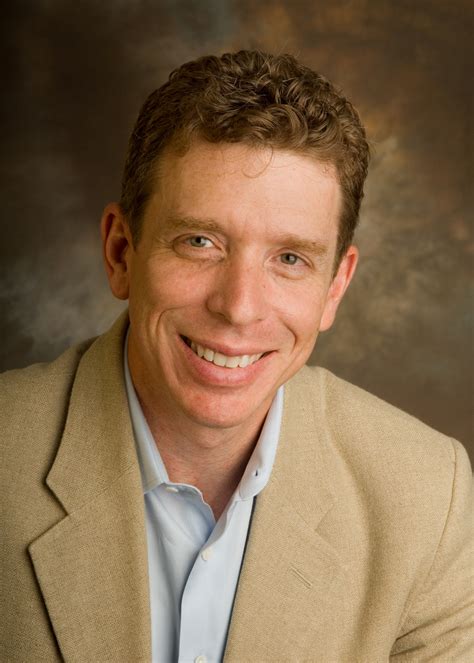A Quote by Daniel Levitin
The human brain long ago evolved a mechanism for rewarding us when we encountered new information: a little shot of dopamine in the brain each time we learned something new. Across evolutionary history, compulsively seeking information was adaptive behavior.
Related Quotes
As work in neurosciences indicates, the acquisition of literacy necessitated a new circuit in our species' brain more than 6,000 years ago. That circuit evolved from a very simple mechanism for decoding basic information, like the number of goats in one's herd, to the present, highly elaborated reading brain.
When confronted with information streaming from the eyes, the brain will interpret this information in the quickest and most efficient way possible. Time is energy. The longer the brain spends performing some calculation, the more energy it consumes. Considering the brain runs on about 40 watts of power (a lightbulb!), it doesn't have a lot of energy to spare.
There's a lot of research that indicates the brain rewards us for multi-tasking by giving us a shot of neurochemicals whenever we start a new task. Our brain rewards us even as our performance in every task degrades. We don't even notice that our performance is bad. We don't care. We feel like masters of the universe because our brain is chemically rewarding us for multi-tasking.
Darwin's principle of natural selection leads to the prediction that the proper way to analyze any evolutionary development is to see the new features as adaptive to environments. And that's a perfectly good principle. The problem is that there are many evolutionary biologists who view everything that happens in evolution as directly evolved for adaptive benefit. And that just doesn't work. Whenever you build a structure for adaptive reasons, the structure is going to exhibit properties that have nothing to do with adaptation. They're just side consequences.
An important verity about knowledge is that the brain works most effectively with consciously retained information. We more easily remember what we want to recall later. When we feed our fourteen billion brain cells with information that will enrich us and help others, we are really learning to Think Big.
The information. Every bit that of information that was ever in your brain. But the information is not the mind Jenna. That we've never accomplished before. What we've done with you is groundbreaking. We cracked the code. The mind is an energy that the brain produces. Think of a glass ball twirling on your fingertip. If it falls, it shatters into a million pieces. All the parts of a ball are still there, but it will never twirl with that force on your fingertip again. The brain is the same way.
We really are living in an age of information overload. Google estimates that there are 300 exabytes (300 followed by 18 zeros) of human-made information in the world today. Only four years ago there were just 30 exabytes. We've created more information in the past few years than in all of human history before us.

































